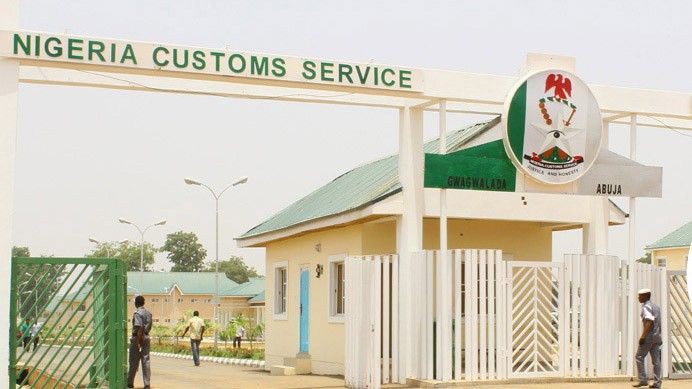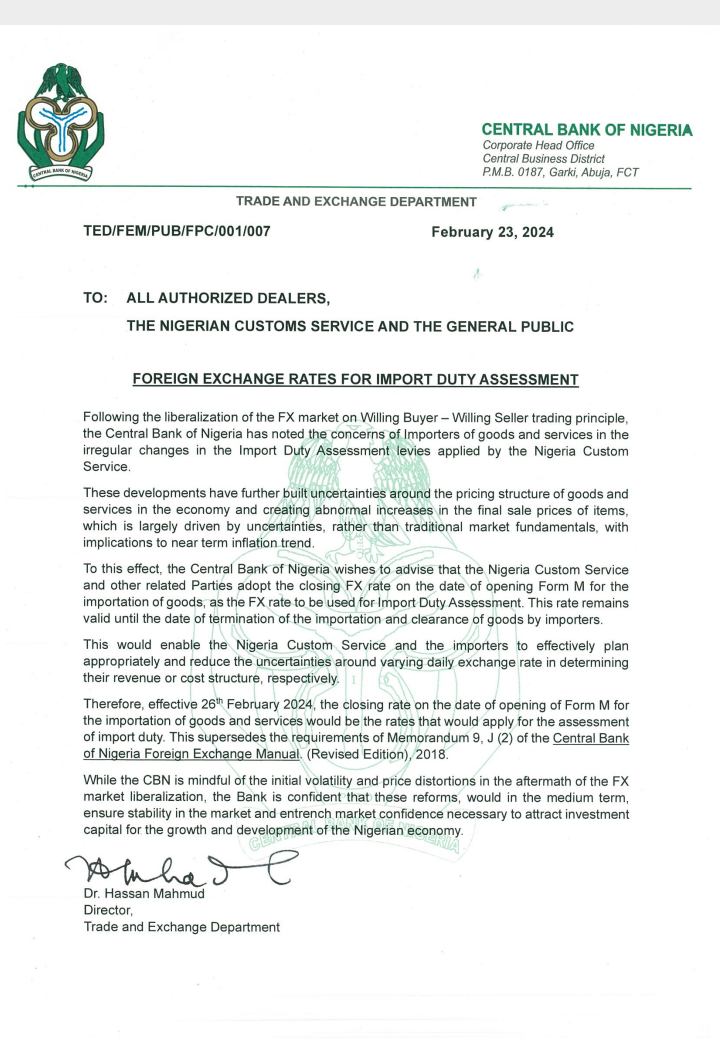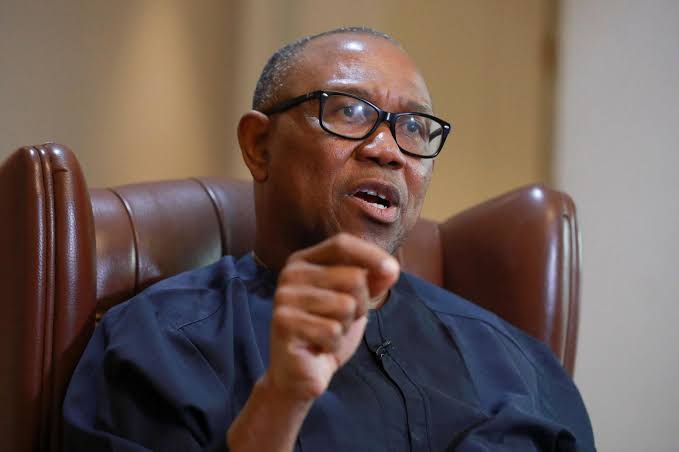
Just In: Heeding Peter Obi’s Advice, CBN Directs Customs to Base Import Duty on ‘Form M’ Date Exchange Rate

The Central Bank of Nigeria has directed the Nigerian Customs Service (NCS) to use the foreign exchange (FX) closing rate on the day importers submit ‘Form M’ for clearing goods and assessing import duties.
The directive, effective from February 26, 2024, aims to reduce uncertainties, stabilize pricing structures, and alleviate unusual spikes in final sale prices resulting from unpredictable fluctuations in exchange rates.
In a memo published on Friday, the Central Bank stated that these changes will foster stability in the market, inspire confidence, and draw investment capital to support Nigeria’s economic development.
The CBN’s Director of Trade and Exchange Department, Hassan Mahmud, through a recent memo, emphasized the need to curb irregular changes in customs duties rates, which have disrupted pricing structures and led to abnormal increases in the final cost of goods in the market.
The statement read,
“To this effect, the Central Bank of Nigeria wishes to advise the Nigeria Customs Service and other related parties to adopt the FX rate on the date of opening the Form M for importation of goods, as the FX rate to be used for import duty assessment. This rate remains valid until the date of termination of the importation and clearance of goods by the importers.
“This would enable the Nigeria Customs Service and the importers to effectively plan appropriately and reduce uncertainties around varying exchange rates in determining revenue, or cost structure respectively.
Therefore, effective 26th February 2024, the closing rate on the date of opening of Form M for the importation of goods and services would be the rate that would apply for an assessment of goods and services. This supersedes the requirement of Memorandum 9, J (2) of the Central Bank of Nigeria Foreign Exchange Manual (Revised Edition) 2018.”

Form M: As Advised by Obi
Form M is a mandatory documentation process implemented by the Federal Government of Nigeria through the Federal Ministry of Finance and the CBN. It plays a crucial role in monitoring and collecting import duties for goods entering the country. CBN’s new directive follows
CBN’s recent incorporation of Form M closing rate follows incessant increases in customs duties, against which Labour Party presidential candidate, Peter Obi, spoke about on Wednesday.
As West Africa Weekly earlier reported, Customs, under the guidance of the CBN, has frequently updated exchange rates for import duties and goods clearance on its website since the forex market unification in June. This year, adjustments were made almost twice weekly.
Expressing concern over the inconsistency in duty charges, Obi had advised the Federal Government to end arbitrary and ever-increasing customs duties. He highlighted a problematic scenario where import processes are initiated based on a specific exchange rate (e.g., N1000 to $1), but upon the goods’ arrival in Nigeria, duties are calculated at different rates (e.g., N1400 to $1). This, he argued, poses significant business challenges, leading to losses and contributing to an inflationary surge, further elevating the cost of goods and living.
About The Author
Related Articles
Peter Obi Joins Protest at National Assembly Over Election Reforms
Former presidential candidate Peter Obi joined protesters at the National Assembly in...
ByWest Africa WeeklyFebruary 9, 2026Manufacturers record N1.8 trillion in unsold goods
Nigeria’s manufacturing sector is facing a deepening crisis as the value of...
ByWest Africa WeeklyFebruary 9, 2026Germany, England, Nigeria Set for Beach Soccer Event in Ghana
Ghana is preparing to host an international beach soccer festival that will...
ByWest Africa WeeklyFebruary 9, 2026South East Residents Get Relief as Sit at Home Is Cancelled
Nnamdi Kanu has announced the cancellation of the long-running sit-at-home order that...
ByWest Africa WeeklyFebruary 9, 2026












Leave a comment